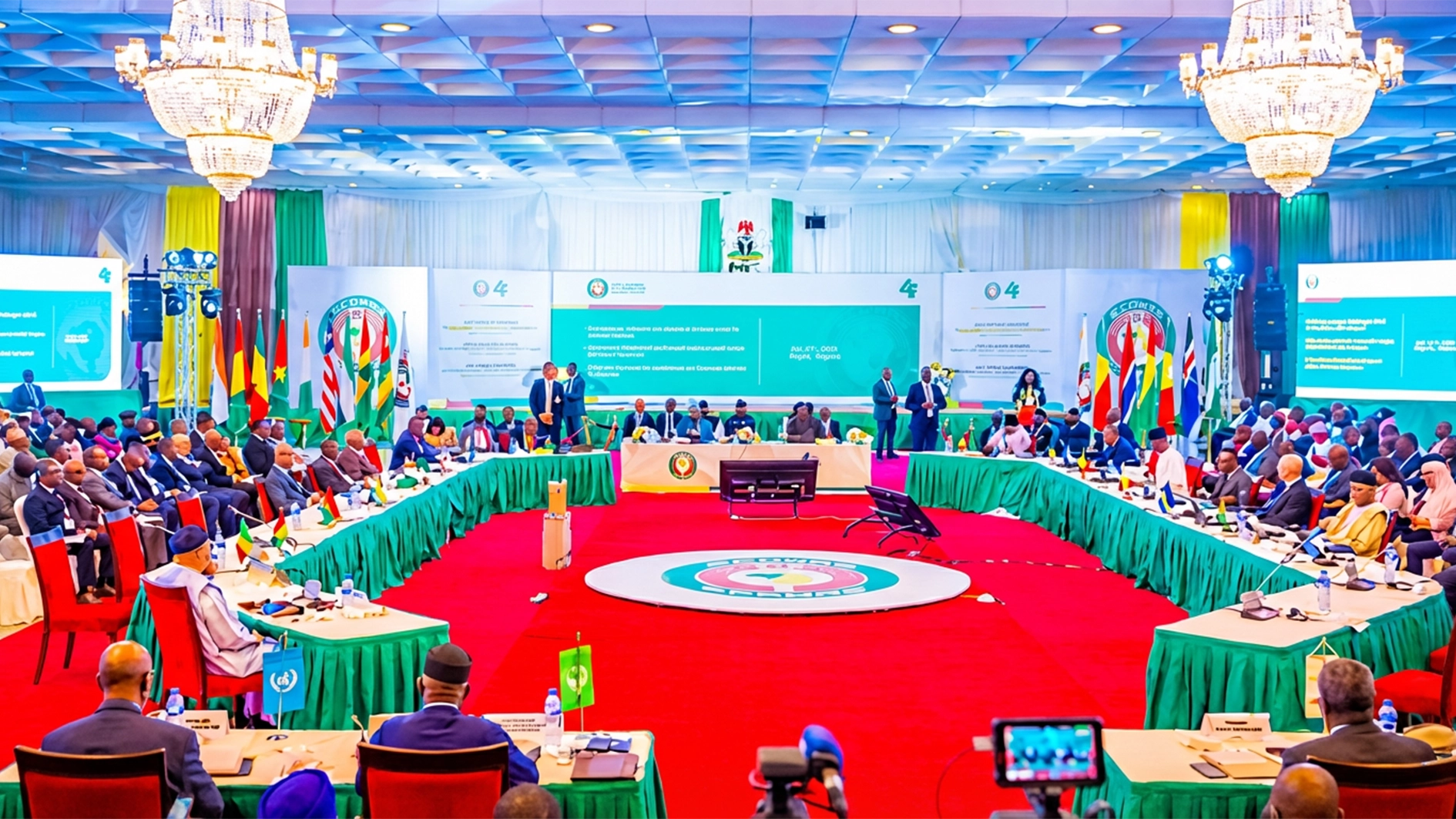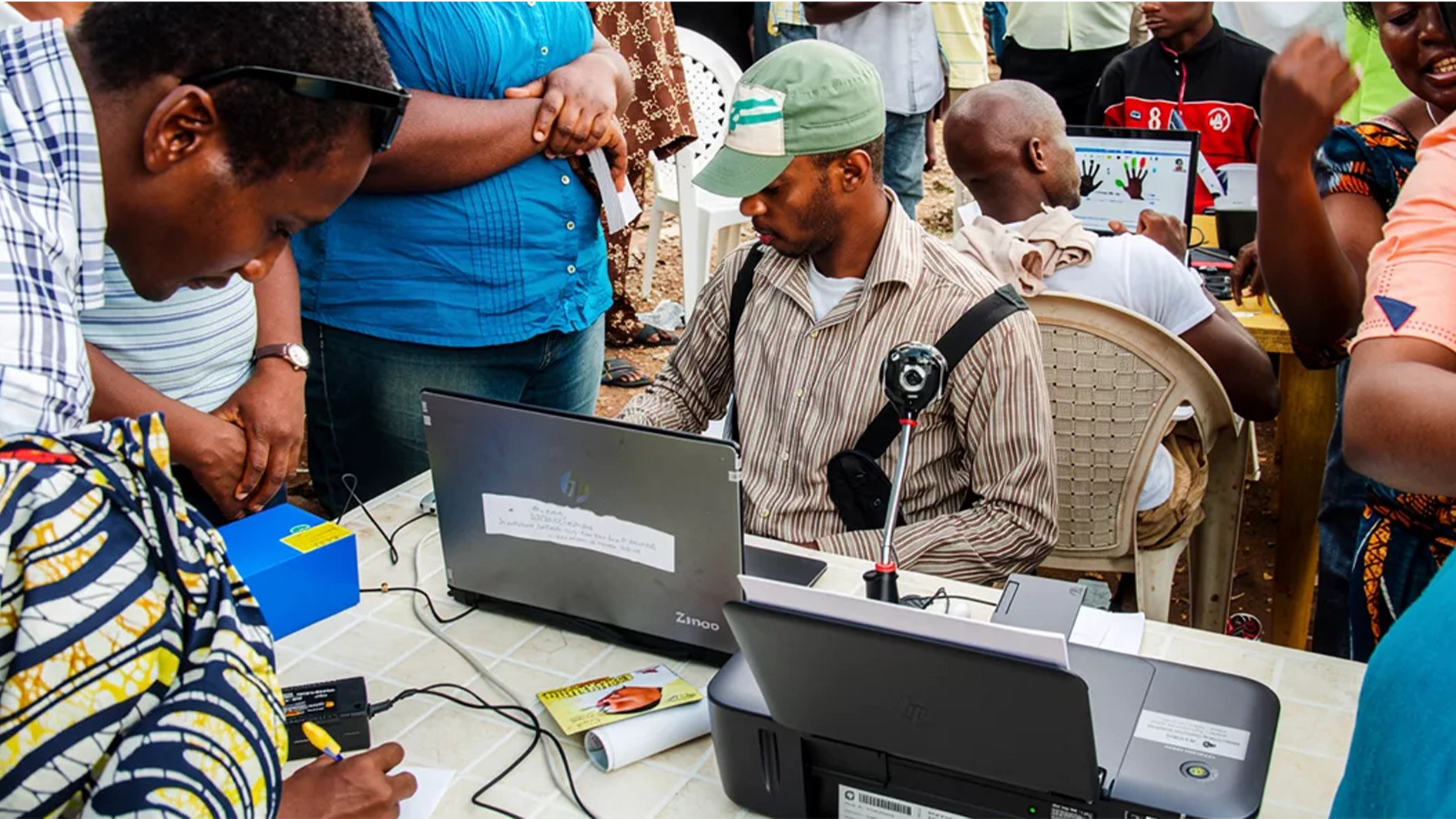There should be integrity in governance, especially in a democratic setting like Nigeria. Where this is lacking, the immediate consequence is that transparency and accountability, which should make the citizens respect the government and support its programmes, are compromised, creating a trust deficit. The hundreds of billions of naira being claimed to have been paid to some people are part of the commonwealth. How the money is spent should not be something esoteric.
In every community, local government and state, records of those who got or are getting the cash transfer should not be hidden. Indeed, this is one reason that, in contrast with the behaviour of his predecessors, the current minister in the Humanitarian Ministry, as a public officer on oath to uphold the laws of the land, must, as and when due, respond to the FOI-empowered queries of SERAP. The civil society organisation is acting on behalf of Nigerians.
Some pertinent questions can arise from all these: why are Nigerians so abjectly poor as to need a N25,000 monthly government handout; why sharing money borrowed from foreign sources for immediate consumption only to require another handout after; and how sustainable or even wise is the government’s ‘give-them-fish’ approach to tackling poverty instead of teaching the people to catch fish by and for themselves? What we are seeing is the way of feudalism, not of democratic governance.
In glaring violation of its most crucial moral and constitutional obligations to the governed, the government in this country is failing to secure the lives and property of the people, or to ensure their welfare, in the broadest sense of the word. Among the consequences is that the country has barely risen above being the poverty capital of the world, to now have about 60 per cent of the populace living on about N3,000 a day, according to the World Bank.
Worse still, in the rural areas, 75 per cent of the people are poor. As recently as 2022, a report of the country’s own National Bureau of Statistics said 63 per cent or 133 million Nigerians, including children, were ‘multi-dimensionally’ poor. This meant that they enjoyed less than humanly adequate living standards in respect of food, accommodation, health, and education. Nigerians have absolutely no business being poor in any of these dimensions. No!
Nigeria is blessed immeasurably with human and natural resources. But the State, through successive governments, has consistently betrayed the hope of the people by unconscionably breaching the provisions of the Constitution on its obligations. The provisions of Fundamental Objectives and Directive Principles of State Policy of the 1999 Constitution clearly enjoin the government to, as its ‘primary purpose,’ ensure the security and welfare of the people.
For example, section 16 (1) (a) enjoins the State (through the actions of government) to ‘harness the resources of the nation and promote national prosperity and an efficient, dynamic and self-reliant economy’.
Other provisions of this fundamental law of the land require that ‘the material resources of the nation are harnessed and distributed as best as possible to serve the common good’, and that ‘suitable and adequate shelter, right to food and food security, reasonable national minimum living wage, old age care and pensions, and unemployment, sick benefits and welfare of the disabled are provided for all citizens.’
Edun said that the cash transfer was partially funded by an $800 million loan from the World Bank. This defies common sense and, we dare say, even economic sense. When the three-monthly payments end and the beneficiaries return for ‘fish’, will the Nigerian government return to its foreign creditors for another tranche of loan? That will be preposterous to even contemplate. Furthermore, if the cost of living rises, will the government increase the amount paid and, in turn, borrow more from the World Bank?
The strategy to give palliatives by whatever name called is simplistic to the point of being unwise. Indeed, ‘palliative’ by its very meaning is akin to treating the symptoms of a disease instead of its cause. Respected columnist, Dan Agbese once wrote: ‘Nigerians are proud and resourceful people. They do not want to be fed with fish; they want expanded opportunities to go out there and catch the fish’. He cannot be more right.
No idea can be more sensible than to simply put the people to productive work so they can respectably earn what they get. Hence, enterprising beneficiaries may even enlarge their earnings to be able to create jobs and pay taxes to the state coffers.
It bears repeating: transparency and accountability are urgently required not only in the cash transfers, but in the entire activities of N-SIP. They need to be both clear and verifiable. With the benefit of modern technology that Mrs Olotu says is now being employed, the press and other interested persons and groups should be able to independently trace on a dedicated website who gets what, when and where in the federation. Besides, journalists can track what beneficiaries do with the free payment and how it impacts their lives. Audited report of the N-SIP should be periodically available on the Internet for public scrutiny. Against the backdrop of its rather sordid recent past, it should no longer be business as usual in the Ministry of Humanitarian Affairs and Poverty Reduction.
.






